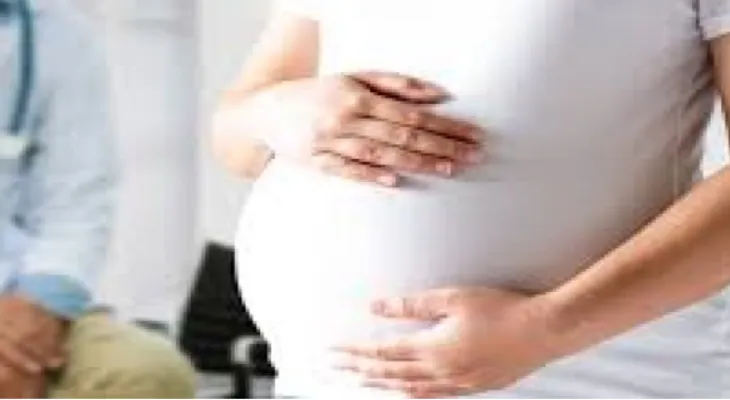Search here
Newspaper
Search here

Arab Canada News
News

Published: October 18, 2024
A new study from Lund University in Sweden has shown that damage to DNA in paternal sperm can increase the risk of pregnancy complications and negatively affect the health of both the mother and the child.
The researchers have linked, for the first time, a higher percentage of DNA damage in sperm with an increased likelihood of developing preeclampsia and premature birth, especially among women undergoing artificial insemination.
The study, published in the journal "Fertility and Sterility" and involving 1,660 children born through in vitro fertilization and intracytoplasmic sperm injection at the reproductive medicine center in Malmö between 2007 and 2018, indicates that couples who recorded DNA damage levels higher than 20% — as measured by the DNA Fragmentation Index (DFI) — experienced a doubling of the risk of preeclampsia in women by 10.5%, along with a noticeable increase in cases of premature birth.
In contrast, the rate of preeclampsia was only 4.8% among couples who recorded damage rates lower than 20%, which is similar to the rates occurring naturally.
Alexander Gewehrman, a professor of reproductive medicine at Lund University and the leader of the study, confirms that DNA Fragmentation Index analysis is still only used in some fertility clinics, despite its importance in identifying high-risk pregnancies and providing explanations for fertility difficulties. He calls for this analysis to be generalized across all specialized clinics.
Experts warn that DNA damage in sperm is often attributed to oxidative stress, resulting from an imbalance between harmful molecules and antioxidants. Factors that increase DNA damage include advanced age, smoking, obesity, and inflammation.
Comments